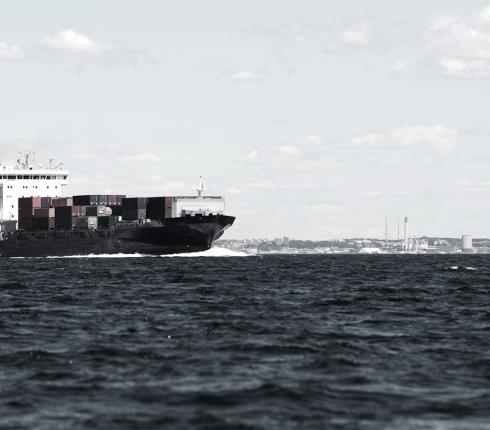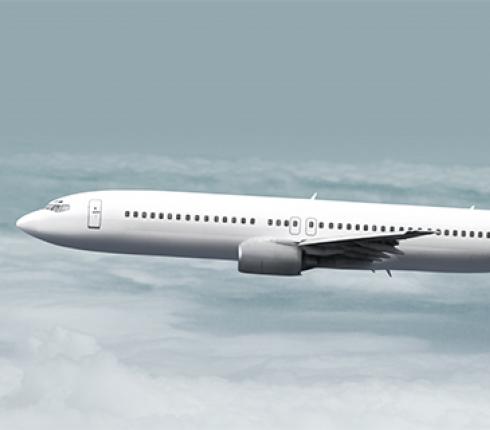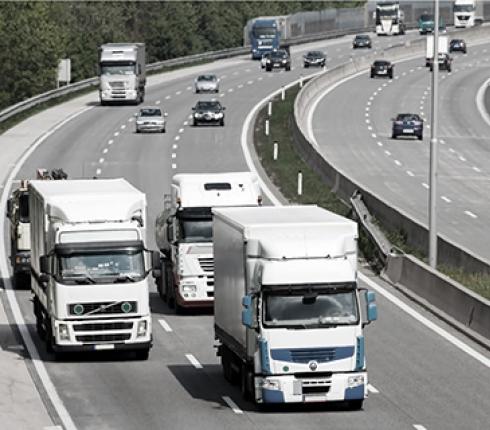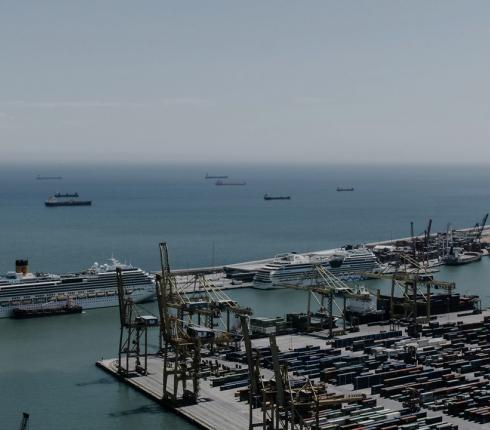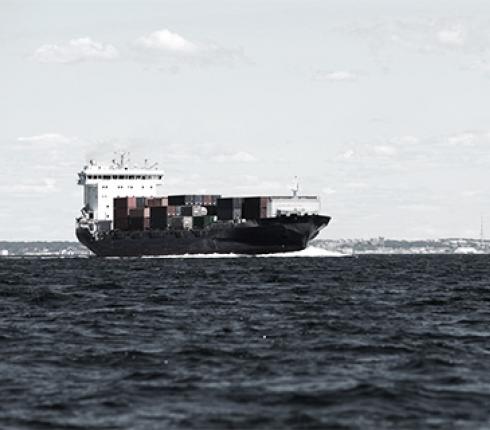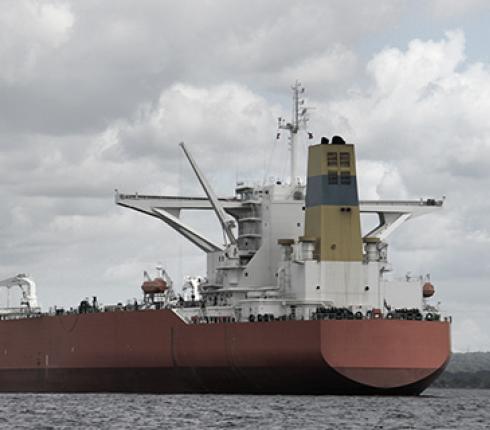New leading ruling: No Danish salary for Romanian driver
The long-awaited judgment in the case between a Romanian driver and a Slovak haulage company was handed down on Monday. The question in the case was whether the Romanian driver could claim Danish wages against his Slovak employer. During the driver's employment, the driver had, among other things, carried out transport in Denmark – "habitually from Denmark", which the district court concluded in May 2018 when it ruled that the case could be brought before a Danish court. For many reasons, the case is of great fundamental importance to the Danish and the entire European transport and logistics industry.

In addition to the salary, the driver claimed in the case to be entitled to a holiday allowance and a pension under Danish law, as well as compensation under the Danish Act on Working Hours for Mobile Workers and the Employment Certificates Act, respectively. The claim totalled DKK 1,589,359.21.
In a clear decision, the Copenhagen City Court rejected the driver's claim, except for the claim for a 1% holiday allowance of DKK 18,968.00. In return, the driver was ordered to pay legal costs of DKK 115,000 to his former employer.
NJORD Law Firm represented the Slovak haulage company in the case.
The main issues of the case
The first question in the case was whether the Romanian driver could make a claim against his former Slovak employer in Denmark under Article 21(1)(b) of the Brussels I Regulation. According to that provision, an employer may be sued in the place or from which the worker in question habitually carries out his work or in the court of the place where he habitually carried out his work. This issue was separated into a separate review and was settled by the Eastern High Court in order of 23 April 2019. The Eastern High Court upheld the Copenhagen City Court's decision, which found that the driver had habitually carried out his work from Denmark. Although he drove more and further in Sweden than in Denmark and spent the night at least as often in Germany and Sweden as in Denmark, it was mainly taken into account that the driver took possession of and handed over his truck in Denmark and that he for several years had primarily served a Danish freight forwarder who planned the driver's daily drive to and from customers throughout the Nordic region. Therefore, the driver's claim could be brought before a Danish court.
The substance of the case – the question of whether the Romanian driver was entitled to Danish wages from his former Slovak employee – was argued before the Copenhagen City Court on 26 October 2020.
The Copenhagen City Court had to rule on the choice of law initially, that is, according to which rules the driver's claim should be decided. The driver's employment contract referred to various labour law provisions of Slovak law. Based on this, the court found that the parties had concluded a valid conflict-of-law agreement which pointed to Slovak law. The assessment of the Romanian driver's rights as an employee should, therefore, as a rule, be assessed following Slovak law and the principles of law.
As the salary paid to the driver by his previous employer was under the employment contract and Slovak law, the alleged post-payment claim against the Slovak haulage company was dismissed. The court also dismissed the claims that the contract of employment was incomplete or that the driver's working time had been exceeded which could form the basis of a freight compensation claim. The EU directives on which the Danish rules are based have also been transposed into Slovak law.
Thus, the claim that the Slovak haulage company had to pay "Danish wages" to the Romanian driver was dismissed.
In the case, the driver argued that the Posting of Workers Directive applied. This argument was dismissed, not surprisingly, because the court had already ruled on the jurisdiction issue, that the driver had habitually carried out his work from Denmark. In that regard, the court noted that it is not possible for a worker to be posted to a Member State where the worker in question also usually carries out his work. The court's remarks seem to be well-considered since posting presupposes that the worker habitually works in a country other than the country where the worker is posted.
The Romanian driver was only successful in his claim that Danish law applied to the issue of holiday allowances. The holiday allowance of 1% amounted to DKK 18,968.00 and is governed by mandatory rules in the Danish Holiday Act. The driver was successful in that part of the case under Article 6(1) of the Rome Convention. According to this, a worker who has entered into a valid conflict-of-laws agreement with his employer may nevertheless invoke the protection afforded to him by the mandatory rules of the law which would apply if the conflict of laws agreement had not been concluded. As in article 21(1)(b) of the Convention on jurisdiction in Brussels I Regulation, the choice of law in Article 6(1) of the Rome Convention determines where or from where the worker habitually carries out her/his work.
Article 6(1) of the Rome Convention only affects the choice of law concerning "mandatory rules" in the Member State in which or from which the employer habitually carries out her/his work. Because the rules of the Danish Holiday Act are in general mandatory, the driver was successful in his claim for holiday allowances under Section 23 of the Act. However, there were no other Danish rules that could form the basis of the driver's main claim in the case – namely the claim for Danish wages.
NJORD Law Firm's comments
The Copenhagen City Court's judgment is very clear and states that it is not possible for an international driver to claim Danish wages against his foreign employer if a conflict-of-law agreement has been concluded in the employment relationship which refers to the law of another Member State. This applies regardless of whether the foreign driver usually carries out his or her work as an international driver in or out of Denmark.
The judgment is satisfactory for the many foreign haulage companies who, by virtue of the rules on free movement on the internal market, provide international transport services to and from Denmark. If the driver had been successful in his claim, it would have led to a completely incalculable and unpredictable legal situation for these hauliers. Therefore, it is our opinion that the Copenhagen City Court's decision is correct.
The case was brought in 2017 and has been settled on the basis of the rules that applied at the time. Since then, with effect from 1 January 2021, new Danish legislation on collective bargaining and minimum pay has been adopted. Under EU auspices, sector-specific posting rules for the road transport industry have also been adopted, which will come into force in February 2022. Therefore, the Copenhagen City Court's judgment in the present case does not necessarily mean that a foreign driver will not in future be able to claim Danish wages from his foreign employer if the driver is carrying out transport in Denmark. However, the judgment establishes that this issue must be decided by specific legislation which the employer has the opportunity to comply with and can adapt to in his business.
The driver now has four weeks to decide whether he wants to appeal the judgment to the High Court.









